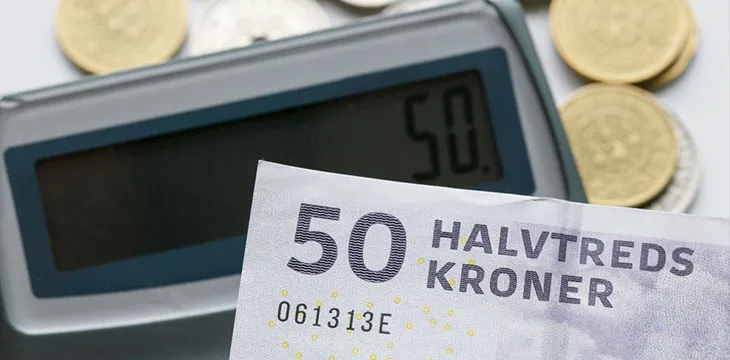|
Getting your Trinity Audio player ready...
|
The Supreme Court of Denmark has announced two rulings that concluded the profits made from the sale of Bitcoin are taxable, potentially setting a precedent for the taxation of Bitcoin and digital asset profits in the country going forward.
The two cases are slightly different in nature, but in both the plaintiffs took the Danish Ministry of Taxation to court over perceived unjustified taxation on profits made from different Bitcoin related activities.
In the first case, the plaintiff acquired Bitcoin between 2011 and 2015 through six purchases and as donations received from third parties. They then sold those bitcoins between 2017 and 2018 at a profit.
In the second case, the plaintiff acquired bitcoins between 2011 and 2013 as payment for Bitcoin mining activities and sold some of them in 2018 for a profit.
The price of Bitcoin when the holders acquired them in 2011-2015 would have been—roughly—between $0.48 and $217; and when sold the value could have risen to anything between $970 and, at bitcoins 2017 peak, $14,156—a potentially substantial profit.
The cases concerned whether these profits were taxable. In both cases the Supreme Court ruled that they were, but for slightly different reasons.
In the first case it was decided that “the purchase of bitcoins must be regarded as having been made for speculative purposes” and thus is not tax-free under Section 5(1)(a) of the State Tax Act; while in the second case the court ruled that bitcoin received as gifts or through mining constituted revenue of “non-business” enterprises, therefore triggering tax liability under Section 4(a) of the State Tax Act.
Section 4 of the National Tax Act states that a taxpayer’s total annual income consisting of money or assets is taxable, which includes income from any industry or other business; and no distinction is made between business and non-business activities. In this case bitcoin mining was considered a “non-business activity” and so fell within the remit of section 4.
Section 5 of the National Tax Act states that taxable income does not include any increase in assets that results from a property increasing in value or income from the sale of a person’s property, unless these sales belong to that person’s business or are carried out for the purposes of speculation. This provision came into play as the court decided that the original purchase of the bitcoin was speculation, and so when sold at an increased value the profits were not exempt from tax.
Invoking different tax laws to cover different profitable bitcoin related activities is a sign that, in Denmark at least, lawmakers and courts are getting to grips with digital assets and deciding that, despite their novel way of working and the claims of some of those who profit from them, they don’t necessarily require all new rules or laws to govern.
Thursday’s two Supreme Court decisions uphold previous High court rulings from 2021 and 2022, which also found in favor of the Ministry of Taxation (as the defendant).
Bitcoin and digital assets: Where should real value come from?

 09-18-2025
09-18-2025 





